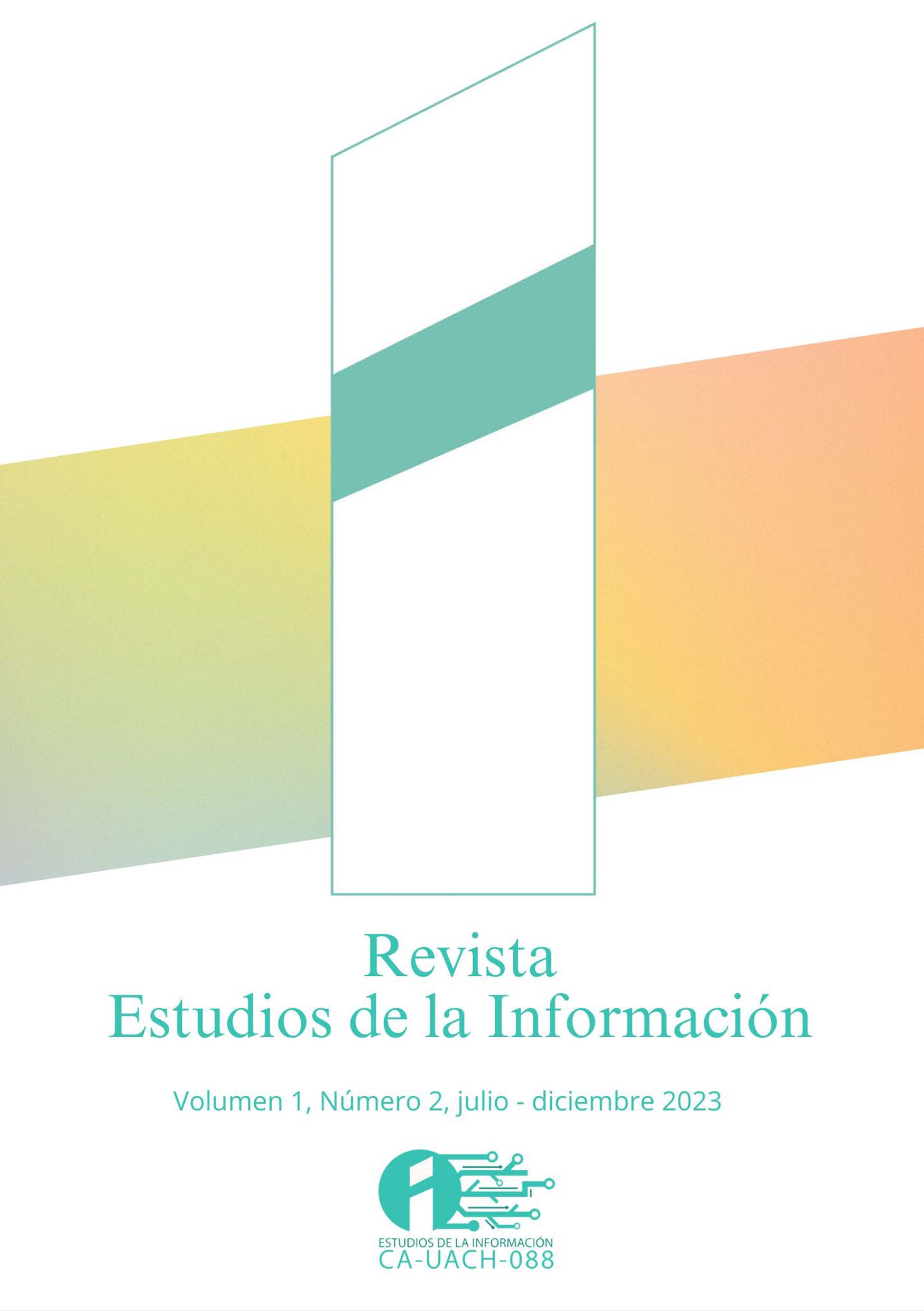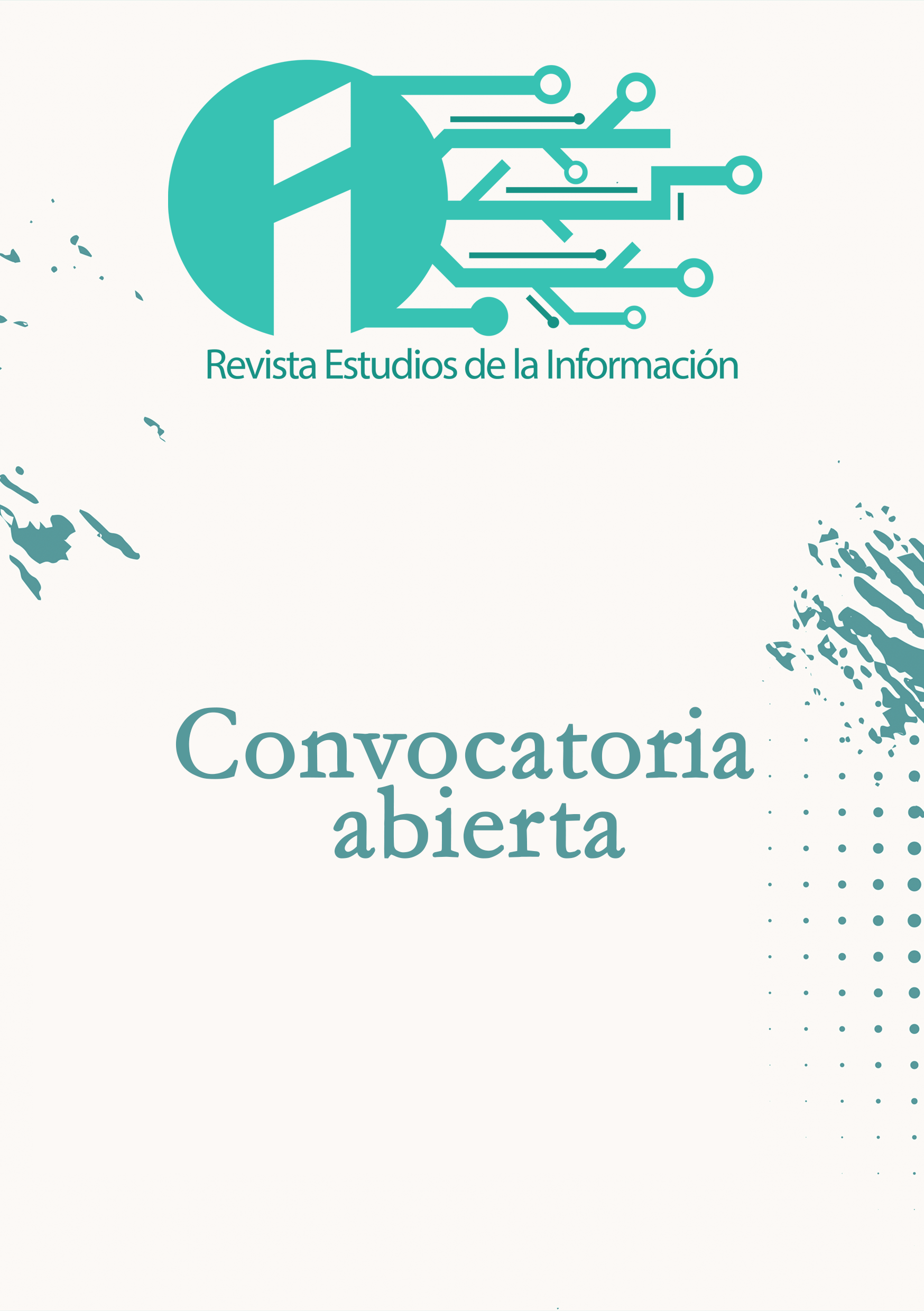Implications and editorial policies of artificial intelligence
DOI:
https://doi.org/10.54167/rei.v1i2.1448Keywords:
artificial intelligence, large language models, chatbots, scientific research, scientific writing, scientific publishing, editorial policies, guidelines, research ethics, research integrityAbstract
In this entry of the School of editors section, I present some of the issues surrounding the use of artificial intelligence (AI) in research to frame the synthesis and analysis of ten editorial policies on the use of AI: arXiv, Elsevier, Emerald Publishing, International Committee of Medical Journal Editors, Oxford University Press, Sage, Springer Nature, Taylor & Francis Group, Wiley and World Association of Medical Editors. I address how large language models, such as ChatGPT, have affected the integrity and originality of scientific products, examining issues such as AI training, its use in scientific authoring, the accuracy of AI-generated content, and the impact these technologies are having on scientific research and publishing. Current editorial policies on the use of AI emphasize the need to act with transparency if they are used, in addition to stressing authors’ responsibilities and the ethical and practical limitations of using AI in research. I conclude with a reflection about seeking a balance between the advantages and limitations of AI in order to be able to use it in scientific research and publication without compromising ethics and integrity values in science.
Downloads
References
arXiv. (2023). arXiv announces new policy on ChatGPT and similar tools. https://blog.arxiv.org/2023/01/31/arxiv-announces-new-policy-on-chatgpt-and-similar-tools
Committee on Publication Ethics. (2023a). Artificial intelligence (AI) and fake papers. https://publicationethics.org/resources/forum-discussions/artificial-intelligence-fake-paper
Committee on Publication Ethics. (2023b). Authorship and AI tools: COPE position statement. https://publicationethics.org/cope-position-statements/ai-author
Elsevier. (2023a). Guide for authors. Journal of Biotechnology. https://www.elsevier.com/journals/journal-of-biotechnology/0168-1656/guide-for-authors
Elsevier. (2023b). Publishing ethics. https://beta.elsevier.com/about/policies-and-standards/publishing-ethics
Elsevier. (2023c). The use of generative AI and AI-assisted technologies in writing for Elsevier. https://beta.elsevier.com/about/policies-and-standards/the-use-of-generative-ai-and-ai-assisted-technologies-in-writing-for-elsevier
Emerald Publishing. (2023). Publishing ethics: Find out more about publication ethics and our policies. https://www.emeraldgrouppublishing.com/publish-with-us/ethics-integrity/research-publishing-ethics
Heikkilä, M. (2023). Why detecting AI-generated text is so difficult (and what to do about it). MIT Technology Review. https://www.technologyreview.com/2023/02/07/1067928/why-detecting-ai-generated-text-is-so-difficult-and-what-to-do-about-it
International Committee of Medical Journal Editors. (2023). Recommendations for the conduct, reporting, editing, and publication of scholarly work in medical journals. https://www.icmje.org/icmje-recommendations.pdf
Kung, T., Cheatham, M., Medenilla, A., Sillos, C., De Leon, L., Elepaño, C., Madriaga, M., Aggabao, R., Diaz-Candido, G., Maningo, J., y Tseng, V. (2023). Performance of ChatGPT on USMLE: Potential for AI-assisted medical education using large language models. PLOS Digital Health, 2(2), e0000198. https://doi.org/10.1371/journal.pdig.0000198
Kung, T., Cheatham, M., Medenilla, A., Sillos, C., De Leon, L., Elepaño, C., Madriaga, M., Aggabao, R., Diaz-Candido, G., Maningo, J., y Tseng, V. (2022). Performance of ChatGPT on USMLE: Potential for AI-assisted medical education using large language models. MedRxiv. https://doi.org/10.1101/2022.12.19.22283643
Machin-Mastromatteo, J. D. [Juantífico]. (20 de abril de 2022). ¿Spam en Google Académico? [Video]. YouTube. https://youtu.be/1lN1R0aV4BU
Orduña Malea, E. [@eomalea]. (24 de abril de 2023). I'm afraid to say that several preprint servers are publishing online papers, which cite publications co-authored by me that do not exist. This is the @chatgptimpact. Google Scholar and ResearchGate are indexing those papers, and their fake citations, by the way. [Tweet]. Twitter. https://twitter.com/eomalea/status/1650527418577309699
Oxford University Press. (2023). Ethics. Oxford Academic. https://academic.oup.com/pages/authoring/journals/preparing_your_manuscript/ethics
Sage. (2023). ChatGPT and generative AI: Use of large language models and generative AI tools in writing your submission. https://us.Sagepub.com/en-us/nam/chatgpt-and-generative-ai
Spinak, E. (2023). ¿Es que la Inteligencia Artificial tiene alucinaciones? SciELO en Perspectiva. https://blog.scielo.org/es/2023/12/20/es-que-la-inteligencia-artificial-tiene-alucinaciones
Springer Nature. (2023). Artificial intelligence (AI). Nature Portfolio. https://www.nature.com/nature-portfolio/editorial-policies/ai
Tang, G., y Eaton, S. (2023). A rapid investigation of artificial intelligence generated content footprints in scholarly publications. Research Square. https://doi.org/10.21203/rs.3.rs-3253789/v1
Taylor & Francis Group. (2023). Defining authorship in your research paper: Co-authors, corresponding authors, and affiliations. Author Services. https://authorservices.taylorandfrancis.com/editorial-policies/defining-authorship-research-paper
Tsai, C.., Yeh, Y., Tsai, L., y Chou, E. (2023). The efficacy of transvaginal ultrasound-guided BoNT-A external sphincter injection in female patients with underactive bladder. Toxins, 15(3), 199. http://doi.org/10.3390/toxins15030199
Villegas-Ceballos, S. [Santiago Villegas-Ceballos]. (2 de diciembre de 2023). Inteligencia Artificial en Bibliotecas - Introducción 2023-12 [Video]. YouTube. https://www.youtube.com/watch?v=_klpXNc7vKw
Wiley. (2023). Best practice guidelines on research integrity and publishing ethics. https://authorservices.wiley.com/ethics-guidelines/index.html
World Association of Medical Editors. (2023). Chatbots, generative AI, and scholarly manuscripts: WAME recommendations on chatbots and generative artificial intelligence in relation to scholarly publications. https://wame.org/page3.php?id=106
Downloads
Published
How to Cite
-
Abstract608
-
PDF (Español)422







